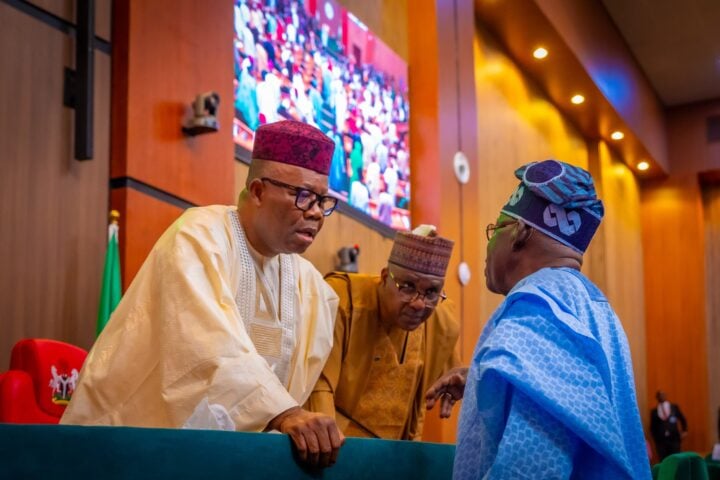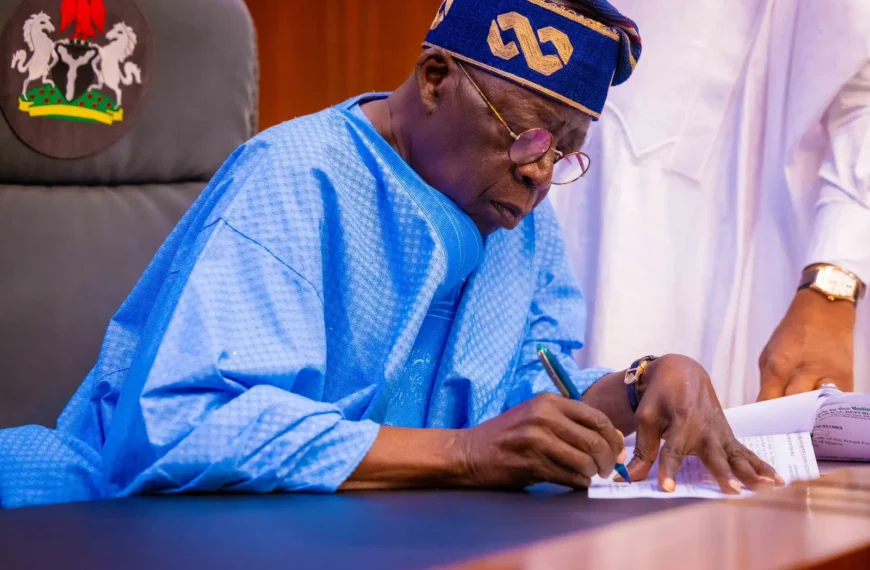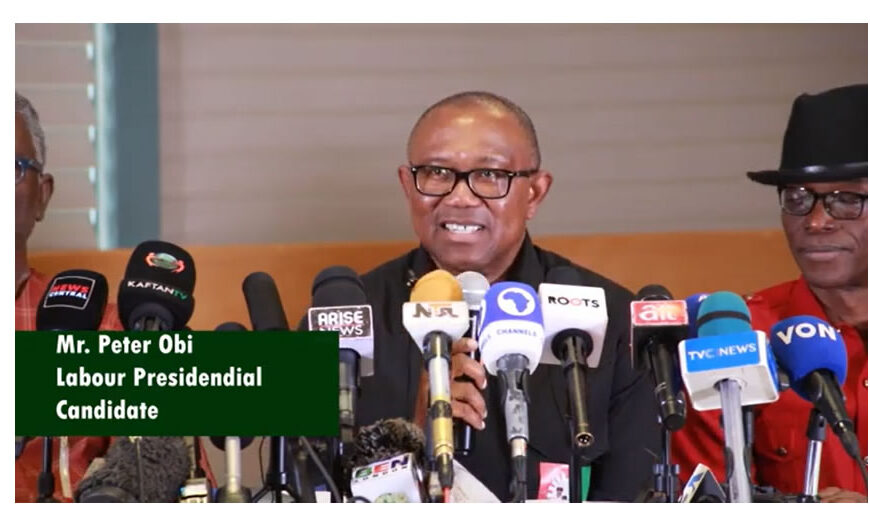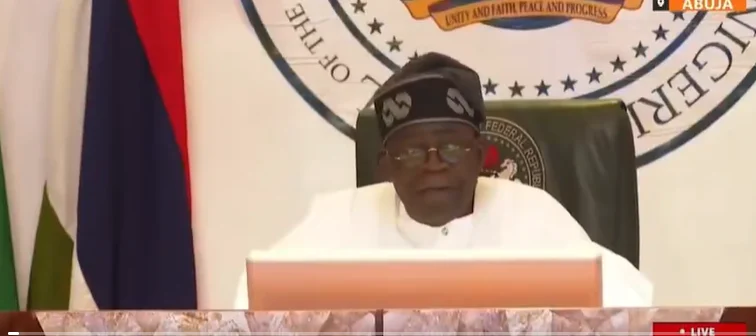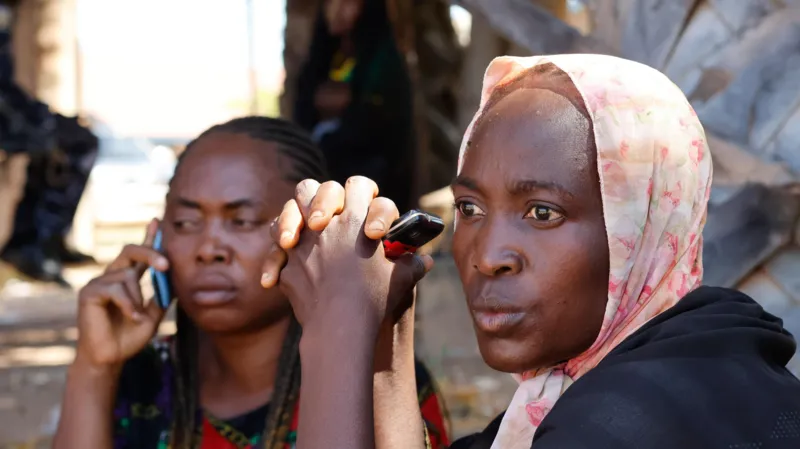Two Nigerian governors—Benue’s Rev. Fr. Hyacinth Alia and Edo’s Monday Okpebholo—are facing mounting criticism over what many see as increasingly authoritarian and exclusionary leadership. Their actions, described by political observers as hallmarks of “petty tyranny,” have sparked controversy within their own parties and raised broader concerns about democratic backsliding at the state level.

Hyacinth Alia (Benue State)
Governor Alia’s leadership style has alienated not only opposition voices but also key figures within his own All Progressives Congress (APC). He has been accused of centralizing decision-making and sidelining party structures in appointments—particularly in his unilateral selection of local government officials. This has drawn condemnation from APC lawmakers and party elders, including the Secretary to the Government of the Federation, Senator George Akume.
Alia’s governance has also stirred ethnic tensions. Many in Benue’s Idoma community feel excluded, citing preferential treatment of the governor’s Kunav ethnic group. These grievances have deepened long-standing divides in the state’s sociopolitical fabric.
Despite this, Alia has occasionally demonstrated moments of grace and restraint. For example, during a public confrontation with a critic, he responded calmly and promoted civil discourse. Nevertheless, such gestures have done little to quell concerns about the overall direction of his administration.
Compounding these issues is the worsening security situation in Benue. Communal violence and attacks—such as the recent Yelwata massacre, which claimed over 200 lives—have exposed serious shortcomings in the governor’s crisis response. Critics argue that both federal neglect and Alia’s leadership gaps have allowed insecurity to fester.
Monday Okpebholo (Edo State)
In Edo State, Governor Monday Okpebholo has also come under fire for a leadership style that critics say undermines due process and political civility. Following his controversial election victory in late 2024, he publicly accused his main opponent, Asue Ighodalo, and several PDP lawmakers of bribery—without offering any evidence. Ighodalo and other opposition figures decried the allegations as reckless attempts to intimidate the judiciary and sway the tribunal process.
This confrontational rhetoric has raised alarm about the erosion of institutional trust in Edo. Okpebholo’s suspension of all 18 local government chairmen shortly after taking office further intensified these concerns. Many described the move as a clear violation of constitutional norms regarding local government autonomy.
Adding to the criticism, Okpebholo’s first budget presentation in 2025 was marred by a series of blunders. His poor command of budget figures and lack of clarity raised questions about administrative competence and fueled public ridicule. Though some viewed it as a forgivable misstep by a new governor, others saw it as symptomatic of a deeper governance problem.
A Broader Pattern
What unites both governors is a shared pattern of behavior: consolidating power, alienating dissenting voices (even within their own parties), and showing limited regard for institutional checks and balances. While each claims to be pursuing reform and development, their methods have generated internal backlash and fractured political alliances.
Alia’s rift with APC lawmakers and community leaders in Benue mirrors Okpebholo’s conflict with opposition forces and civil society in Edo. In both cases, decisions that should involve consultation and legal oversight have instead been handled unilaterally, contributing to political instability and eroding public trust.
Implications for Nigerian Democracy
The leadership styles of Alia and Okpebholo reflect a worrying trend at the subnational level: the erosion of democratic norms under the guise of strongman governance. When governors undermine legislative independence, weaken local government autonomy, and use public platforms to attack opponents without evidence, they contribute to a dangerous precedent that threatens Nigeria’s democratic fabric.
These developments also expose the fragility of internal party democracy. When party structures and elders are ignored or dismissed, it leads to factionalism and instability, making coherent governance more difficult. Moreover, when elected officials act with unchecked authority, it emboldens others to follow suit, accelerating democratic regression.
Conclusion
Governors Hyacinth Alia and Monday Okpebholo have come to embody a style of leadership increasingly seen as autocratic and combative. While both enjoy significant grassroots support and hold legal mandates to govern, their actions raise serious questions about accountability, inclusion, and respect for democratic institutions. Unless these tendencies are checked—by their parties, civil society, or an engaged electorate—their administrations may be remembered less for progress and more for their contribution to Nigeria’s democratic decline.

